
A new study, published in BioMed Central’s journal Neuroscience, has found that loud music prolongs the effects of taking ecstasy for up to five days.
The researchers, from the Italian Institute of Neurological Science and the University Magna Graecia in Catanzaro, showed that the reduction in rats’ brain activity induced by MDMA (ecstasy, or 3,4 -Methylenedioxymethamphetamine) lasts long after initial administration of the drug if loud music is played simultaneously. The loud music effect can last for up to five days, whereas the effects wear off within a day when no music is played.
Researcher Michelangelo Iannone used three groups of rats in the experiment. The rats received either a high dose of MDMA (6mg/kg), a low dose (3mg/kg) or no dose at all. The rats were then either left without acoustic stimulation or exposed to sounds at a level of 95dB, a level commonly found in nightclubs.
The results indicate that low-doses of MDMA did not modify the brain activity significantly from those that received no dose, as long as no sounds were played. However, the EcoG total spectrum of the rats given a low dose of MDMA significantly decreased once the audio was played.
The high dose rats registered a reduction in brain activity, compared with both the no dose and low dose rats, and this reduction was exacerbated once the audio was turned on. In fact, the EcoG decrease lasted for up to five days after administration of the drug. In the rats that had been given a high dose of MDMA, but had not been exposed to the audio, brain activity returned to normal one day after administration of the drug.
The audio had no effect on the EcoG spectrum of the rats that received no MDMA.








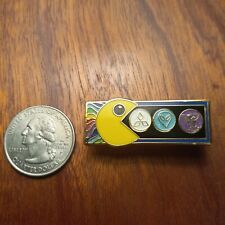
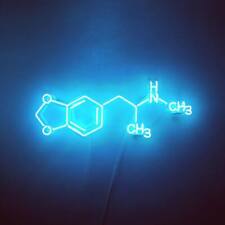


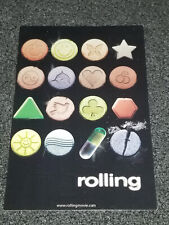


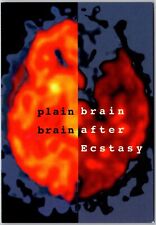
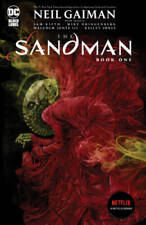

Comments are closed.